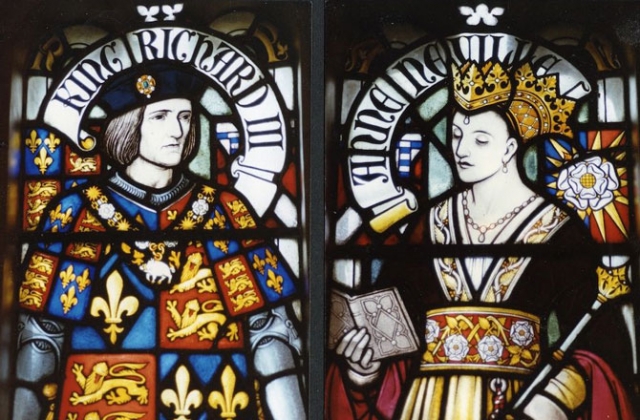MOOCs and the Middle Ages
Historian article

England in the time of King Richard III
Deirdre O’Sullivan explains how history courses such as England in the Time of Richard III are now freely available to people anywhere in the world who have online access. She reports that in the past two years 40,000 learners have followed this course.
MOOCs (Massive Open Access Online Courses) are very much a twentyfirst-century phenomenon. The basic concept addresses the potential for mass learning using specially-designed computer-based platforms to provide structured, university-based academic courses, aimed at a global audience. The earliest courses were created in the USA and sponsored by major educational institutions, Coursera, a for-profit educational company leading the way. MOOCs have been hailed as both a radical, new educational technology and denounced as a gimmick; they have been created in a range of disciplines, sometimes as ‘feelers’ to attract an audience to further university study, sometimes as showcases for existing research and teaching strengths. At one level, MOOCs can be seen simply as a developed kind of teaching and learning technology, combining videos of live lectures with discussion boards and selfassessment, where the tutor can provide feedback and other support to a mass audience rather than individual students. Transcripts of lectures can be offered along with interactive tests and quizzes to reinforce students’ learning. There was no overall consensus about either their purpose or value when they crossed the Atlantic in 2013, and UK universities started to engage with the idea of free online education...
This resource is FREE for Historian HA Members.
Non HA Members can get instant access for £2.49

